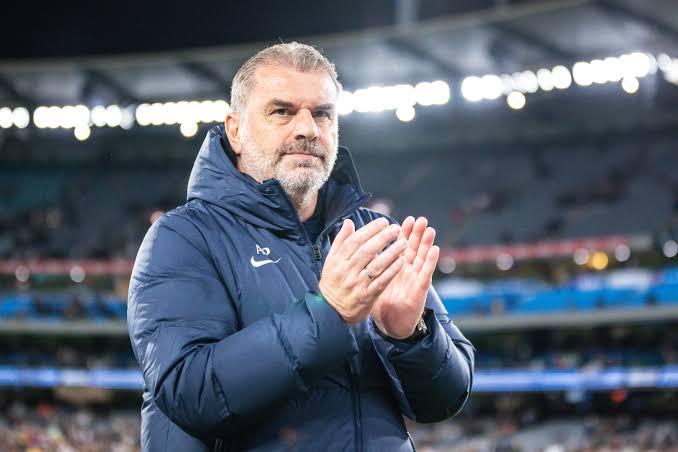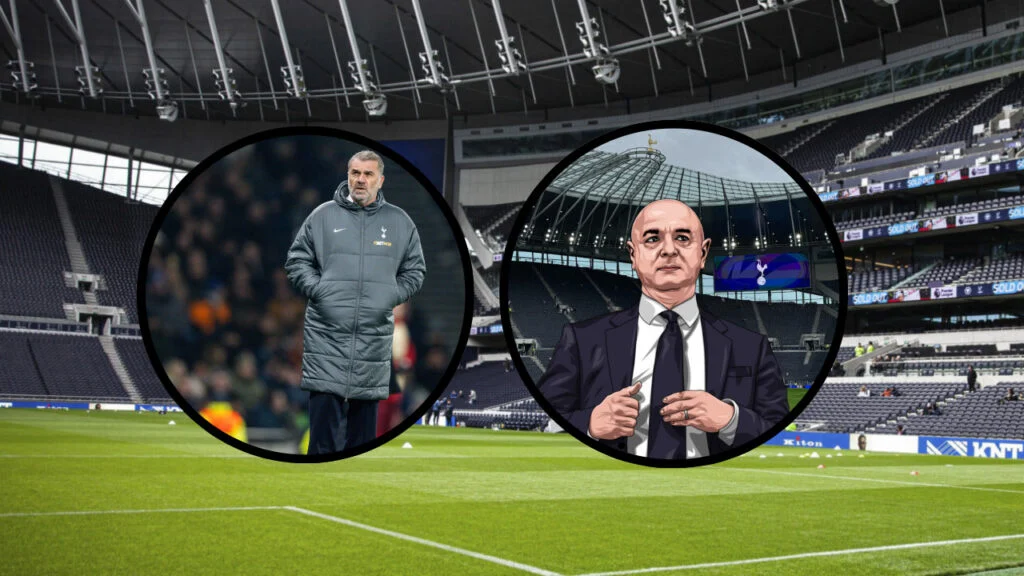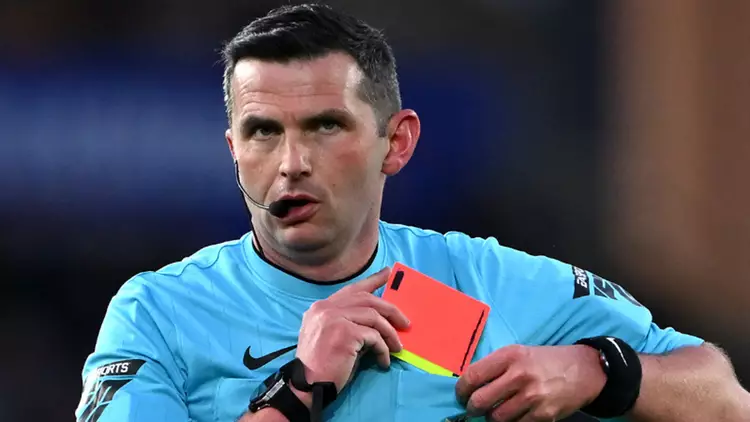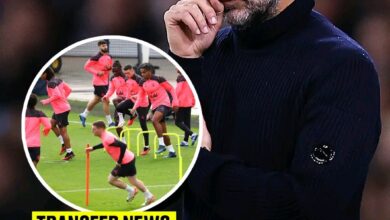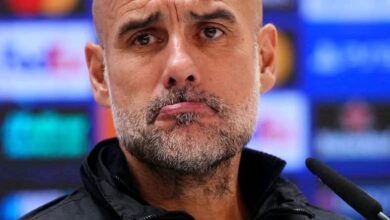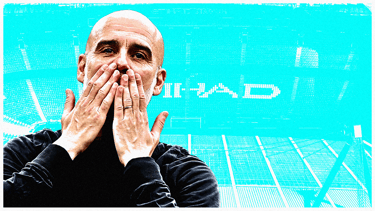Michael Oliver made headlines after he sent off Arsenal’s Myles Lewis-Skelly during a match against Wolves
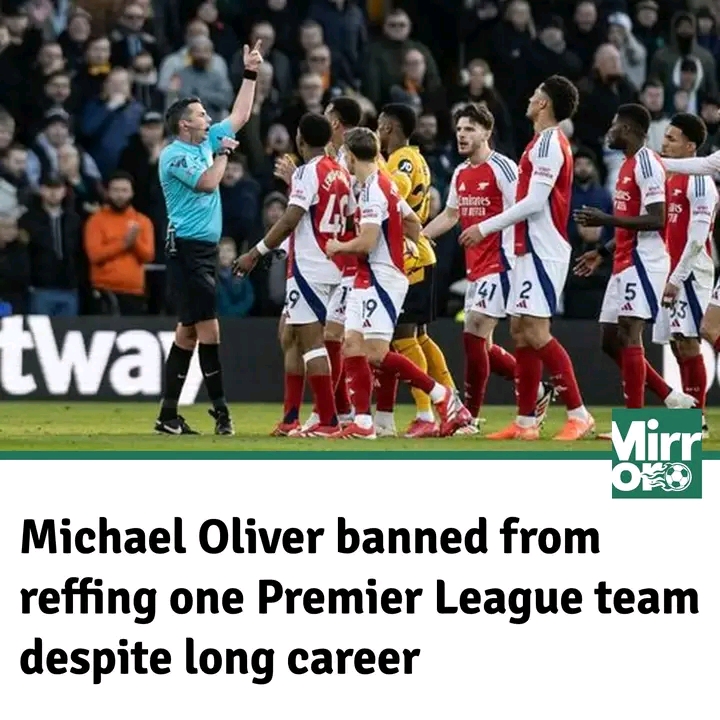
Michael Oliver made headlines after he sent off Arsenal’s Myles Lewis-Skelly during a match against Wolves on Saturday, January 25. The incident happened just before halftime at Molineux when Lewis-Skelly tackled Matt Doherty during a Wolves counter-attack. Oliver quickly gave Lewis-Skelly a red card, labeling the tackle as dangerous. Commentators described the challenge as reckless and high.
The red card left Arsenal with ten players for the rest of the first half. However, Wolves also went down to ten men in the second half when Joao Gomes received a second yellow card for a late tackle on Jurrien Timber. With both teams playing with ten players, Arsenal managed to secure a 1-0 victory. Riccardo Calafiori scored the winning goal in the 74th minute with a brilliant left-footed volley from inside the box.
Oliver faced criticism online for his decision to send off Lewis-Skelly. Many fans and pundits debated whether the red card was justified. The PGMOL (Professional Game Match Officials Limited), however, defended Oliver’s decision, stating that the challenge was late and dangerous. Despite the backlash, Oliver is widely regarded as one of the top referees in the Premier League.
Michael Oliver began his refereeing career at the age of 14 in Ashington, Northumberland. He quickly rose through the ranks and joined the National List of Referees in 2007. In August 2010, at the age of 25, he became the youngest-ever referee in the Premier League. His first match was between Birmingham City and Blackburn Rovers. Over the years, he has officiated major games, including two FA Cup finals and a Champions League quarter-final between Real Madrid and Juventus.
Outside his refereeing duties, Oliver has faced scrutiny and pressure that comes with officiating at the highest level. His decisions are often analyzed in detail, and he has been both praised and criticized for his calls. This recent red card decision against Lewis-Skelly has once again put Oliver in the spotlight, with fans and experts divided over whether the punishment was too harsh.
Despite the controversies, Oliver’s consistency and ability to handle big matches have made him one of the most trusted referees in English football. His journey from starting as a young referee in Northumberland to becoming a Premier League and international referee is a testament to his skill and dedication to the profession.
The match between Arsenal and Wolves highlighted the challenges referees face in making split-second decisions. With Arsenal reduced to ten players for much of the match, they had to work hard to secure the win. Calafiori’s goal was the difference, and it ensured Arsenal took all three points despite the red card setback.
Oliver’s career has seen him involved in several high-profile moments. As one of the top referees in the game, he continues to officiate key matches in the Premier League and European competitions. His experience and reputation make him a regular choice for important fixtures, even as debates around his decisions continue.
The Arsenal vs. Wolves match also showcased the drama and intensity of the Premier League. Both teams fought hard, and the game was decided by fine margins. Arsenal’s ability to overcome adversity and secure the win reflects their resilience and determination this season.
For referees like Oliver, making tough calls is part of the job. While some decisions will always be controversial, the role of the referee is crucial in ensuring the game is played fairly. Oliver’s career is a reminder of the pressure and responsibility that comes with officiating at the highest level.
